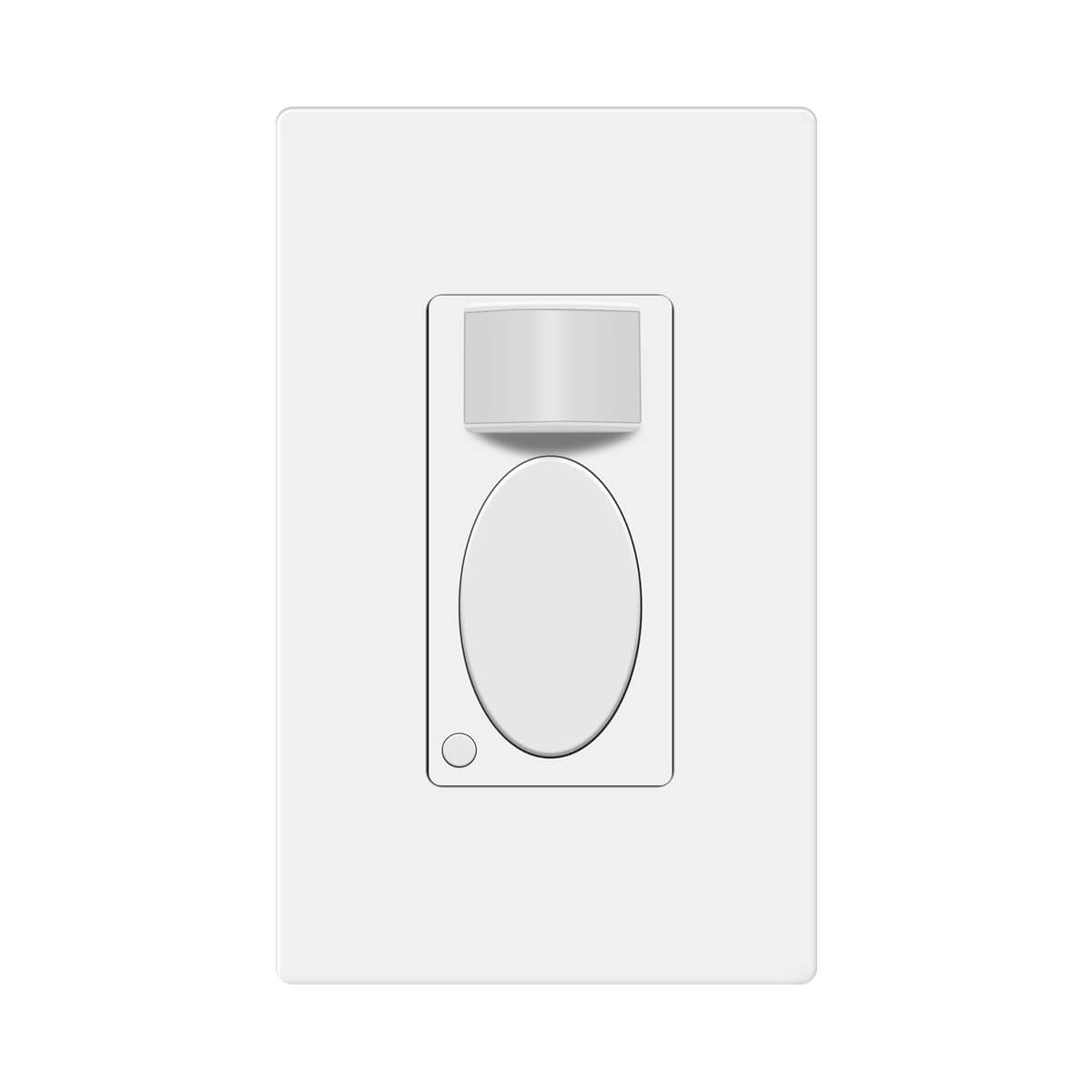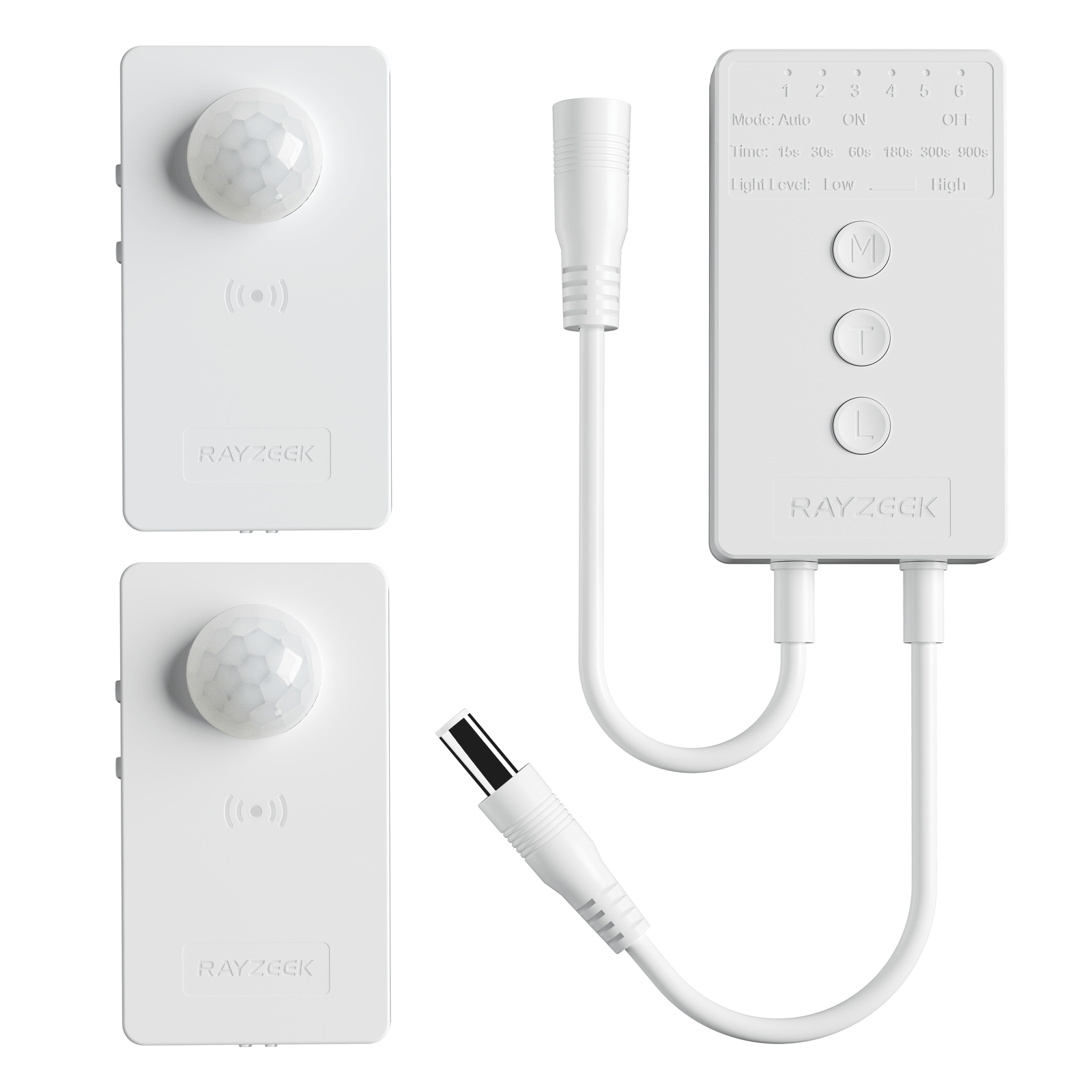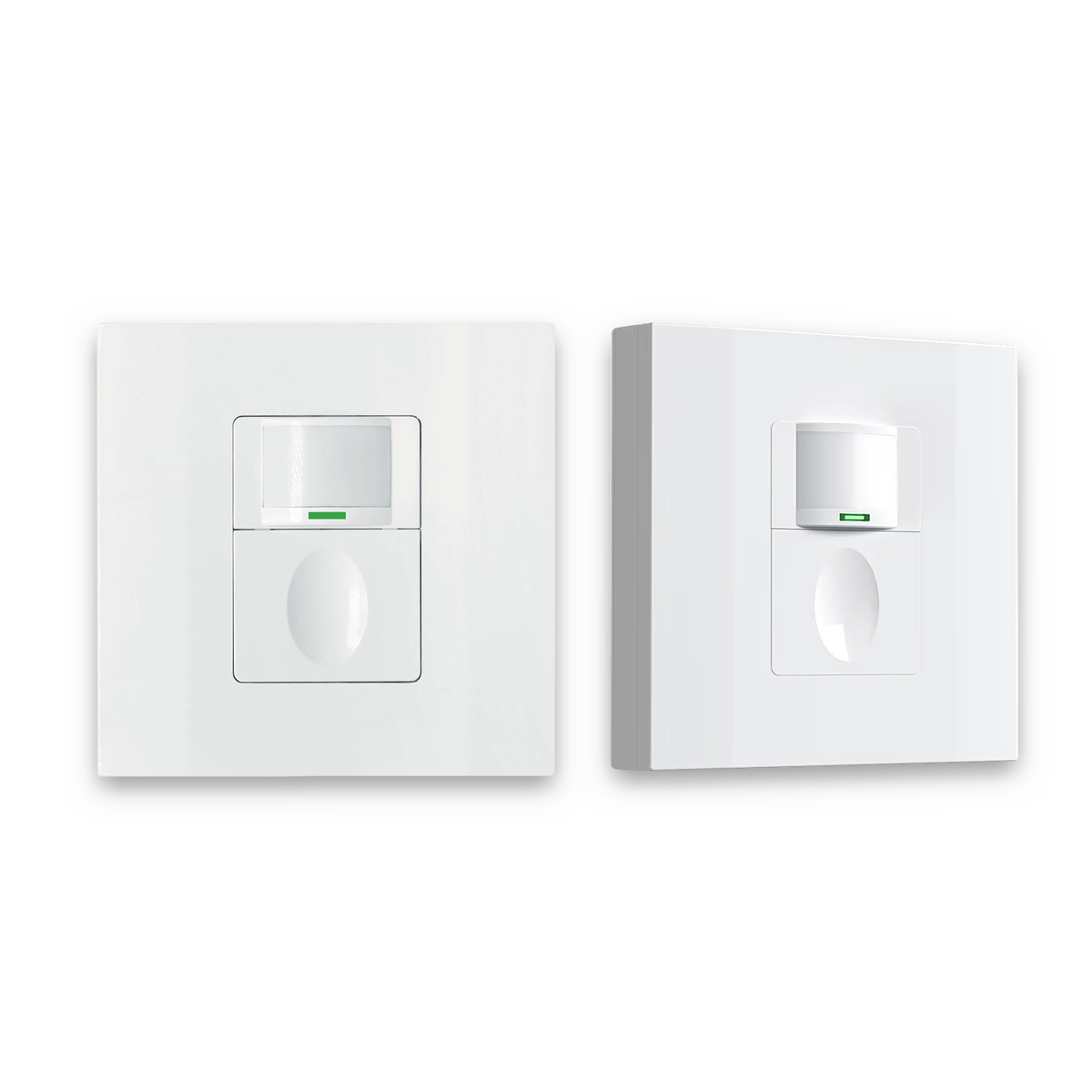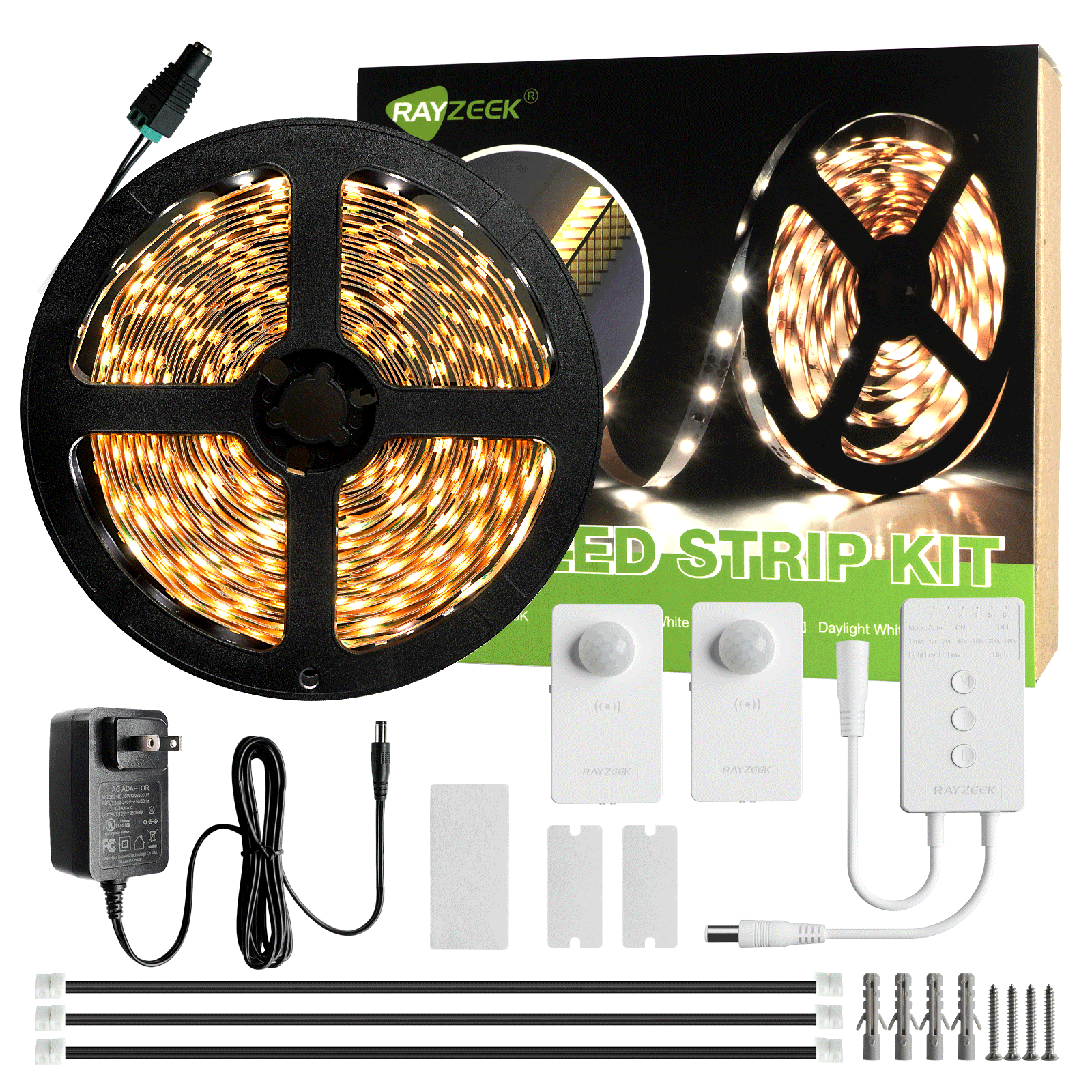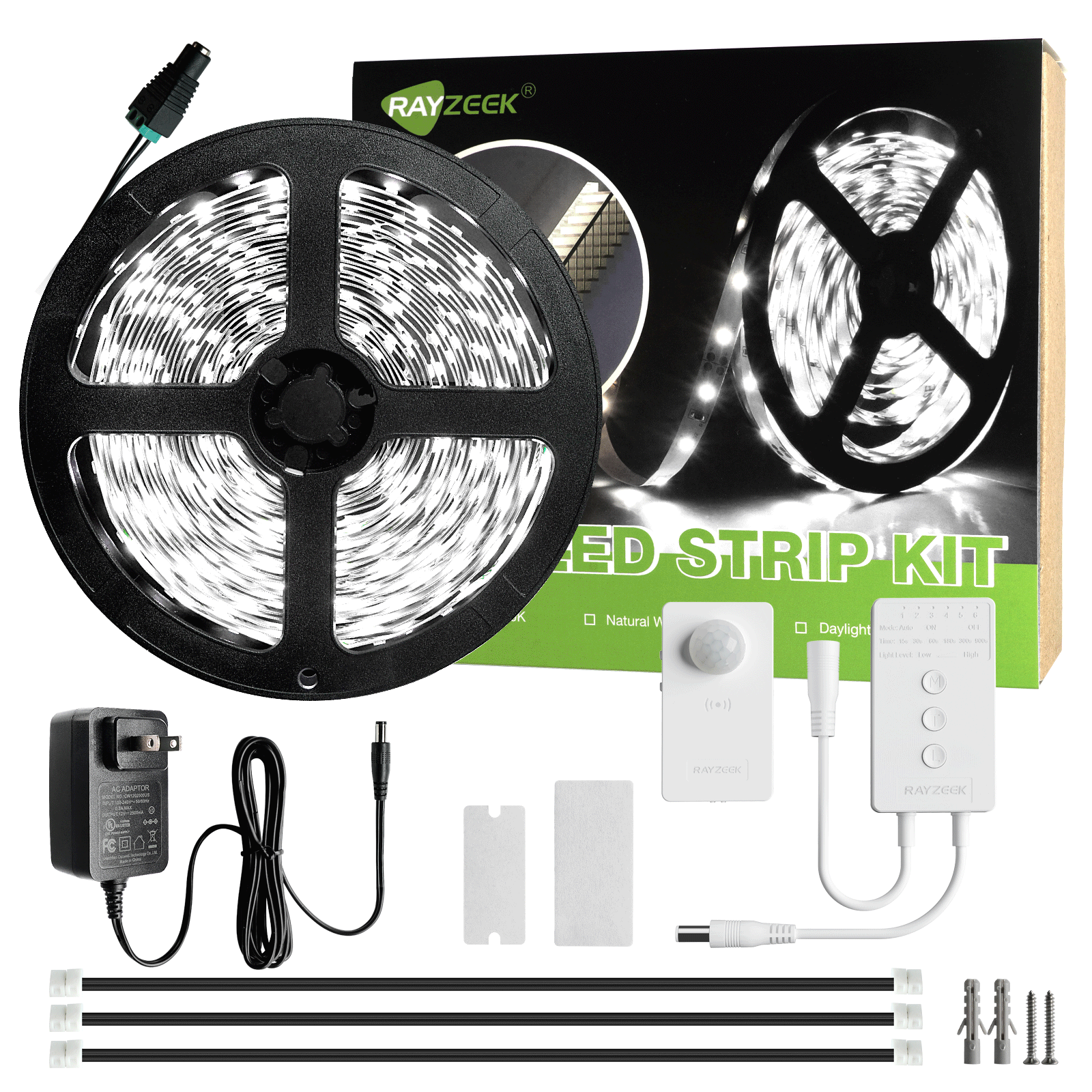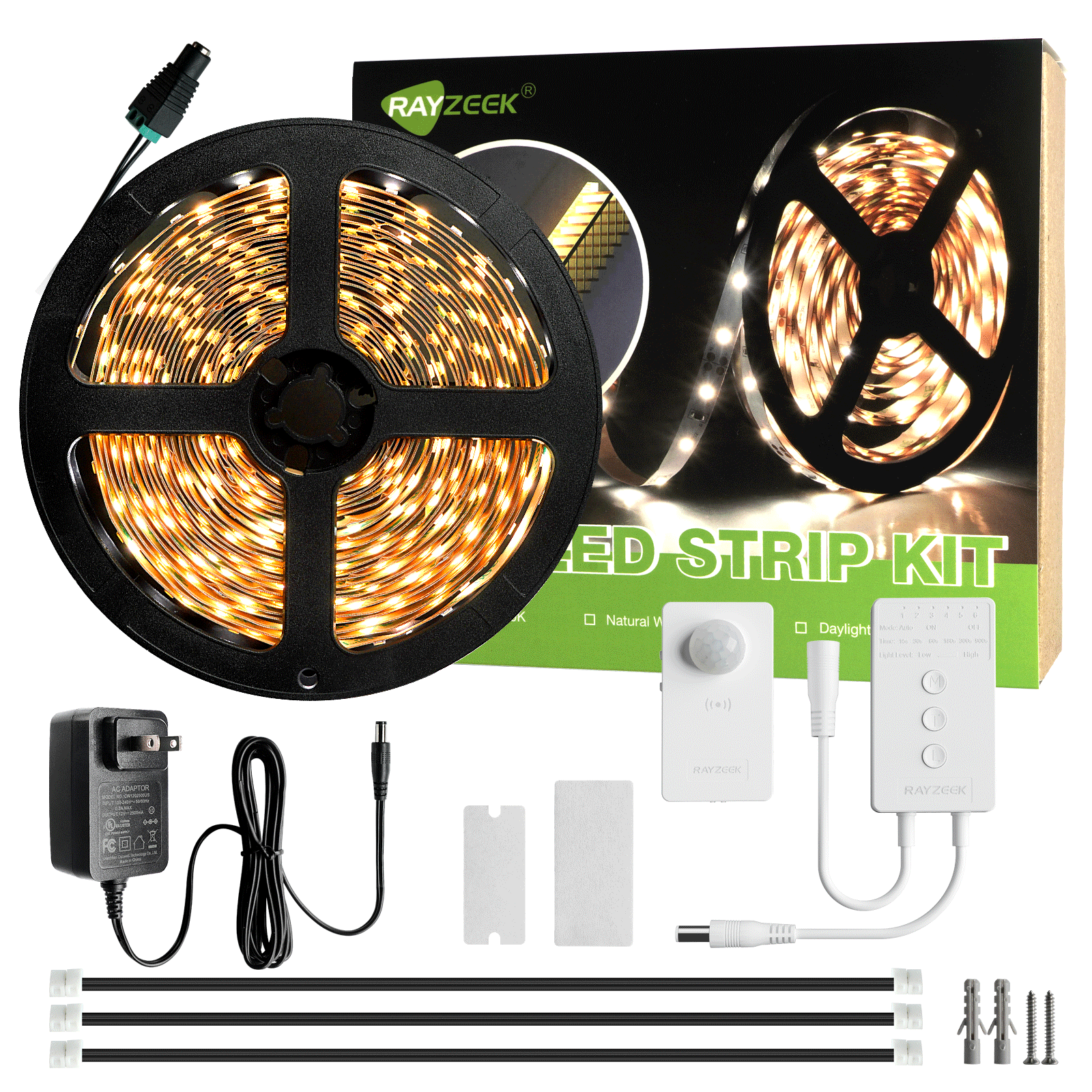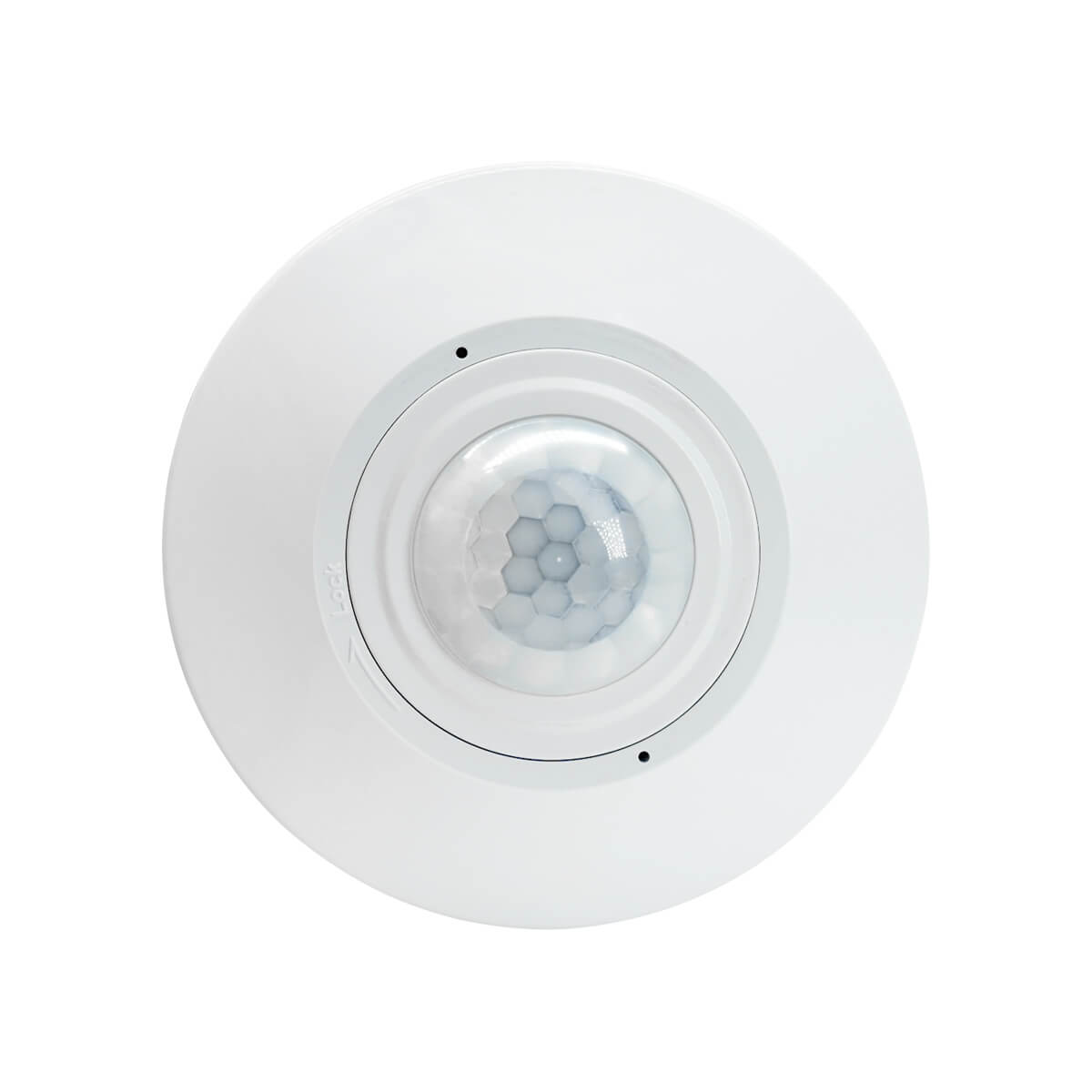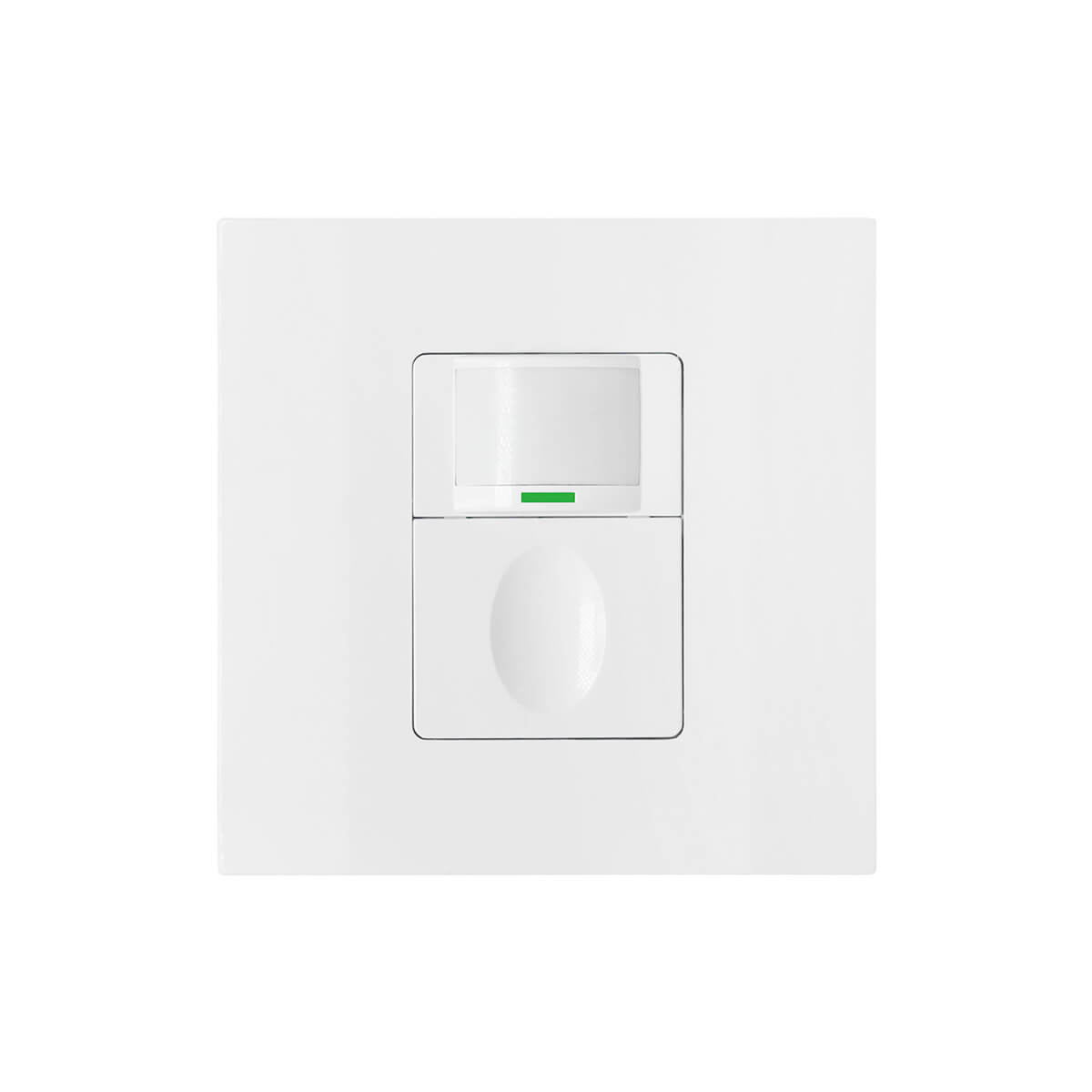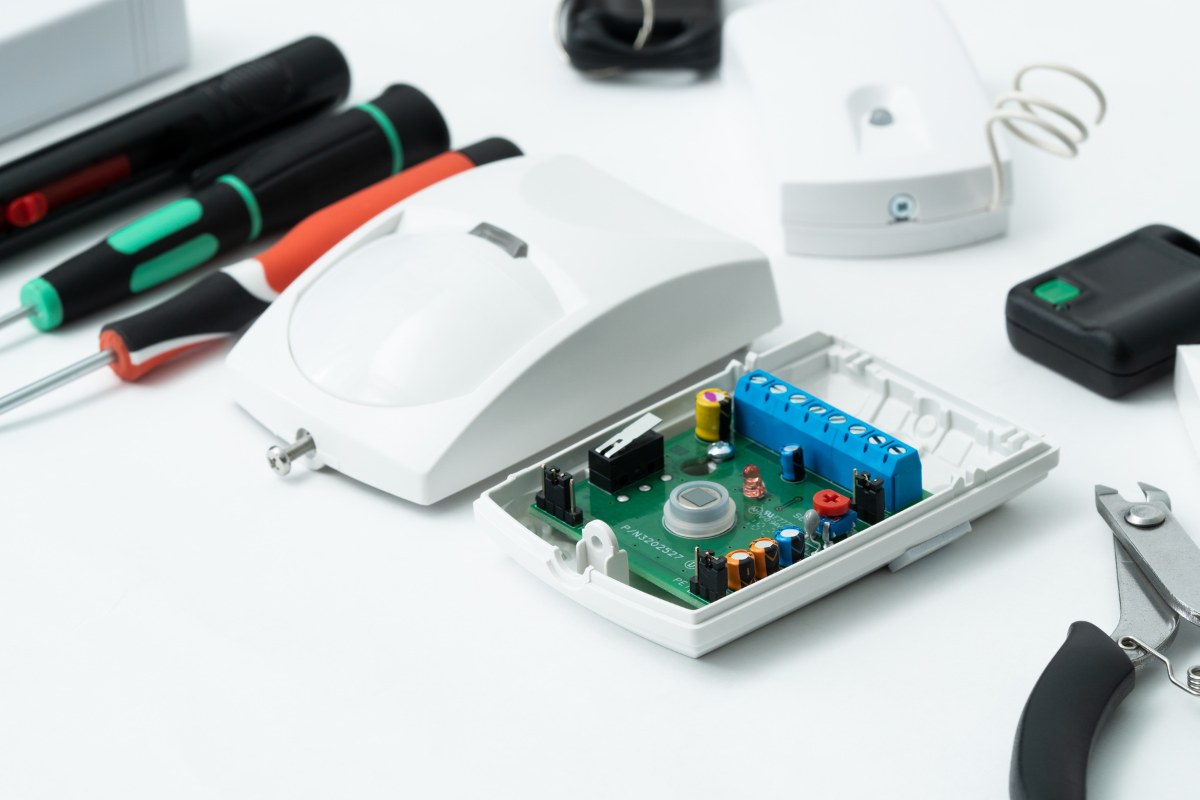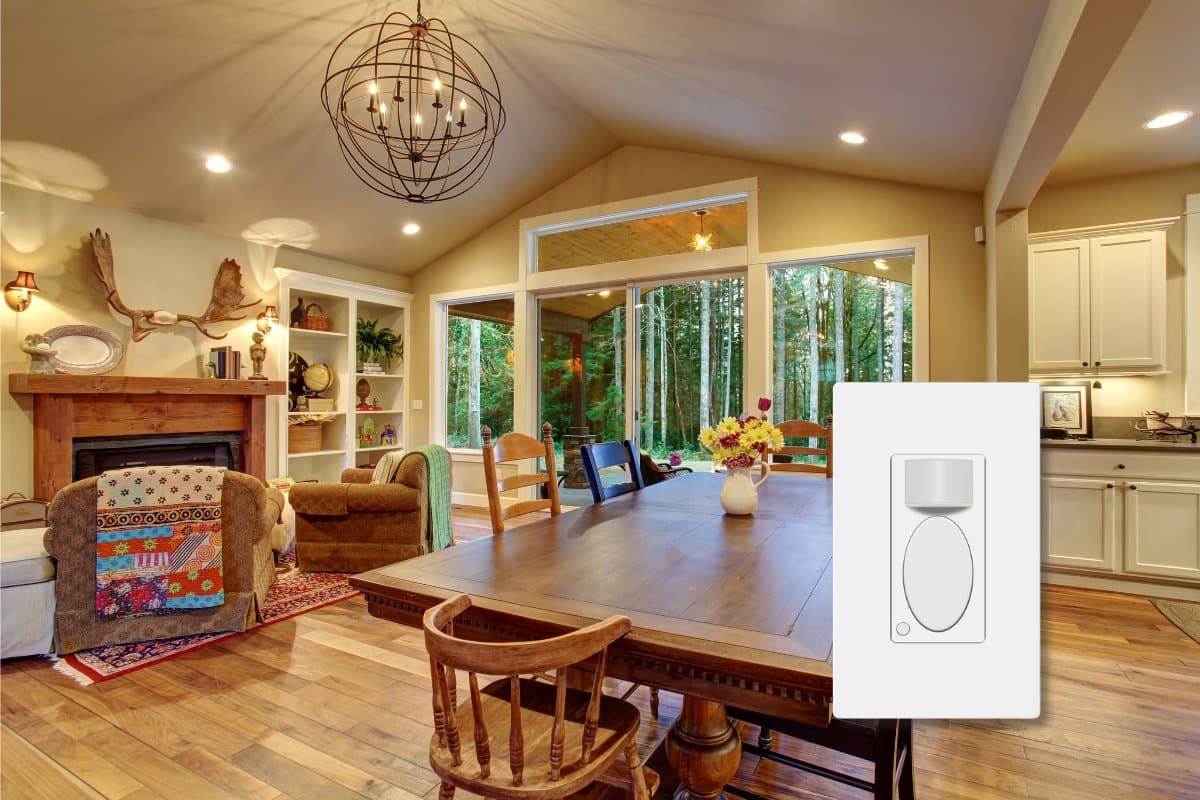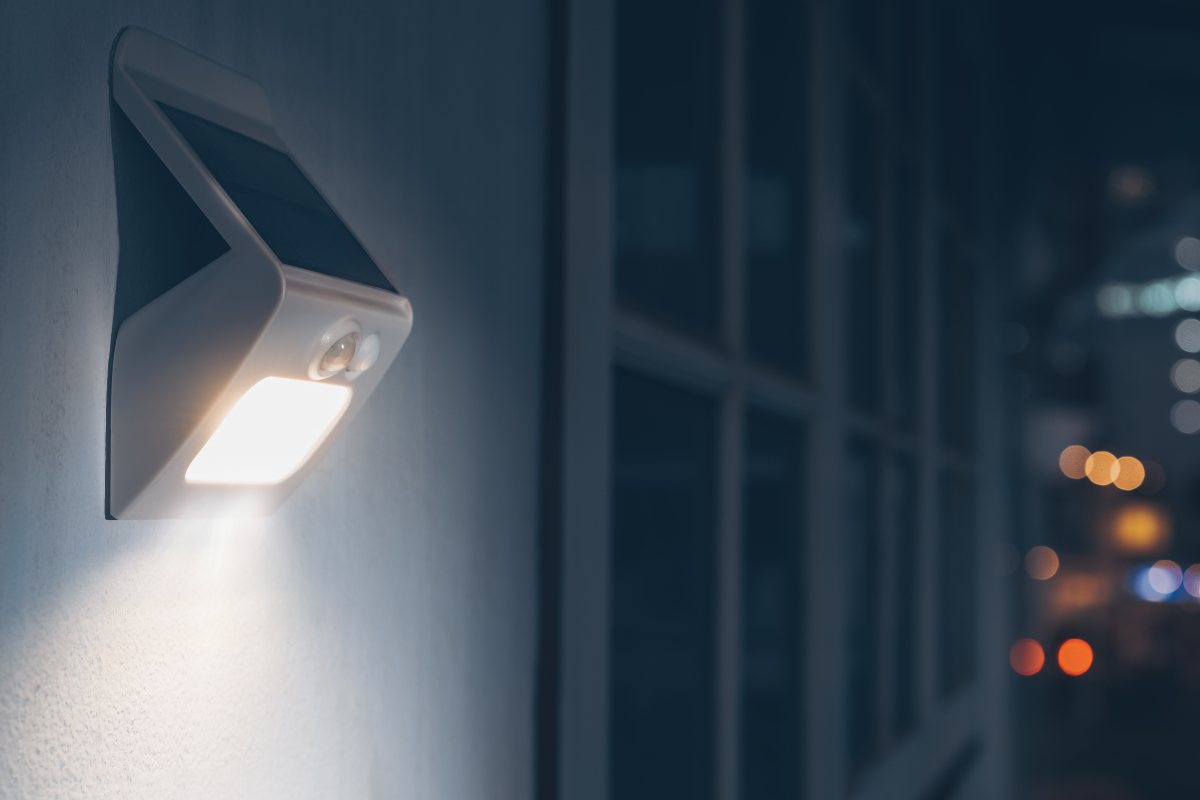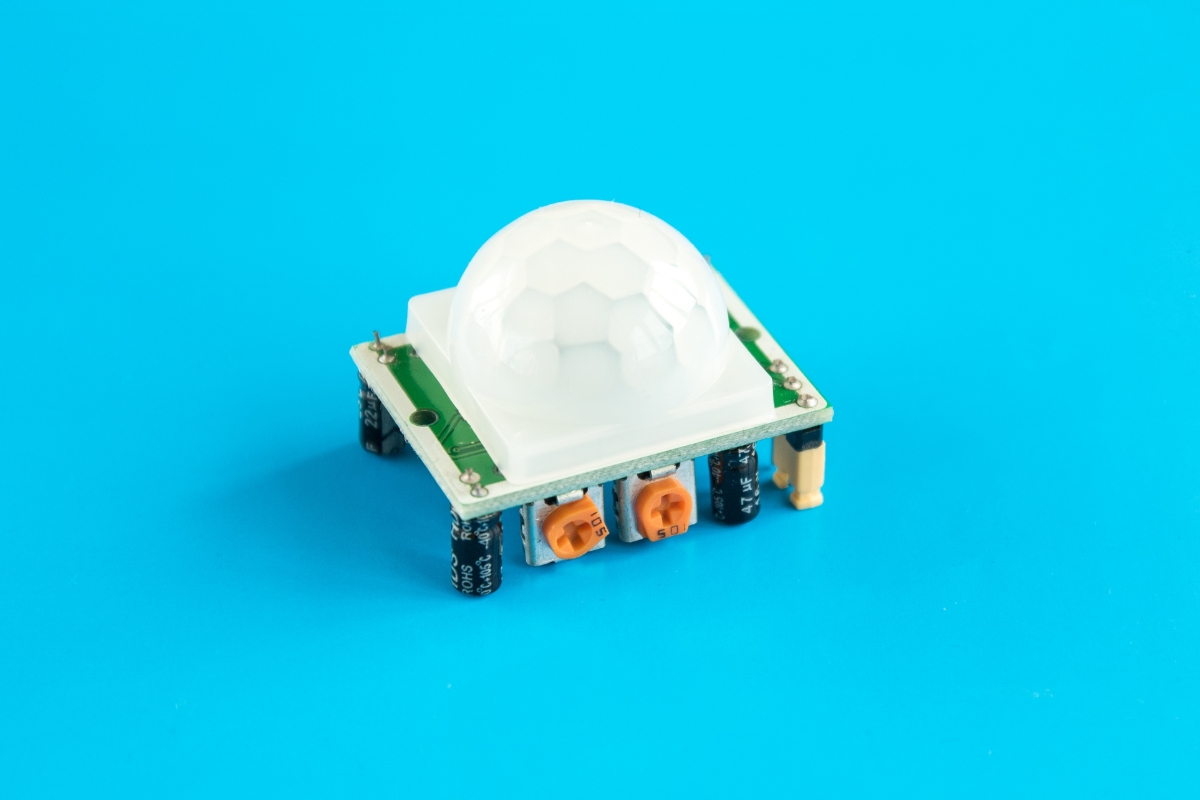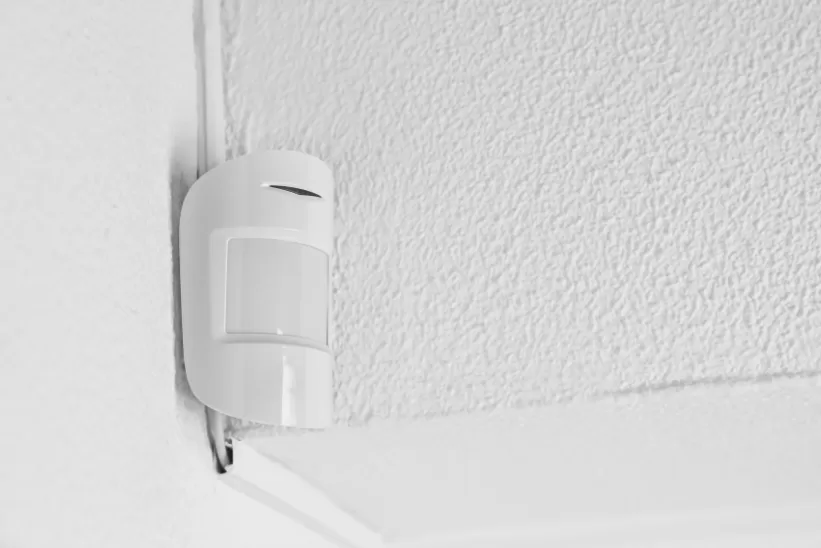What is Operating Position
Operating position is the specific orientation or position in which a lamp or light bulb is intended to be operated for optimal performance and longevity. It is crucial to adhere to the recommended operating position for a particular lamp to avoid any adverse effects on its lifespan and light output.
Maybe You Are Interested In
The operating position of a lamp is determined by its design and construction. For example, GLS (General Lighting Service) lamps are typically designed to be operated in the pendant position, with the cap facing upwards. This means that the lamp should be installed in a pendant fixture with the cap oriented upwards. Operating the lamp in this position allows for proper gas convection currents and prevents local overheating of the filament, ensuring a longer lifespan.
In addition to the pendant position, other lamps may have different operating position requirements. Metal halide lamps, for instance, are often designed to be operated in specific positions such as vertical or base-up orientations. Following the correct operating position for metal halide lamps ensures optimal performance, efficiency, and lifespan.
Looking For Motion-Activated Energy-Saving Solutions?
Contact us for complete PIR motion sensors, motion-activated energy-saving products, motion sensor switches, and Occupancy/Vacancy commercial solutions.
It is important to consult the manufacturer’s specifications and installation instructions to determine the appropriate operating position for a specific lamp model. By doing so, one can ensure proper light distribution, prevent issues such as reduced lumen output and shortened lamp life, and maintain the overall performance and longevity of the lamp.
Frequently Asked Questions
Who Positions the Lighting in the Operating Room
It is common for the majority of perioperative teams to place the surgical light directly above the area where the surgery is being performed. To optimize the effectiveness of the lighting, clinicians may find it advantageous to position one light at the top of the table and another light at the bottom, directing both lights sideways.
What Is Operating Light Level
Norms and requirements for surgical light include the recommended illuminance level. In the case of operating light level, the central illuminance should ideally fall within the range of 160,000 to 40,000 lux.


